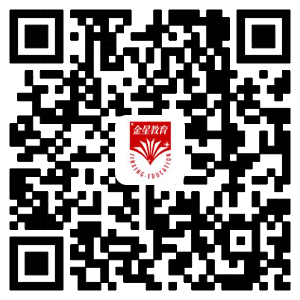一、两者在用法上的相同点
两者都可用作表语,表示“一定”或“确信”,有时可互换。互换的场合应注意以下几点用法:
1. 表示说话者的态度或看法
即表示说话者自己的态度或看法,其意为“一定会”“肯定会”。此时主要用法有:
(1) 单独用作表语。如:
One thing was sure [certain]: they’d be late. 有一件事是确定无疑的,他们会迟到。
(2) 后接不定式。如:
He’s certain [sure] to win. 他一定会成功。
They’re certain [sure] to need help. 他们肯定需要帮助。
If you do this, you are certain [sure] to be found out. 如果你这样做一定会被发现。
2. 表示句子主语的判断或信念
即表示句子主语对某一情况的判断或信念,其意为“相信”“确信”“有把握”等。此时通常用于以下结构:
(1) 后接of [about] sth。如:
He is certain [sure] of success. 他确信会成功。
Are you certain of [about] that? 你对此有把握吗?
(2) 后接 of doing sth。如:
Our team is certain [sure] of winning. 我们队有把握赢。
You can be sure [certain] of his agreeing. 你可以放心他会同意。
比较同义句:
He is certain [sure] of winning.
=He is sure [certain] that he will win. 他自信会赢。
(3) 后接 that / whether / if 从句。如:
I am sure [certain] that he is honest. 我肯定他是诚实的。
I’m sure [certain] that it’s not your fault. 我敢肯定这不是你的错。
Are you certain [sure] that this is the right road? 你肯定这条路对吗?
